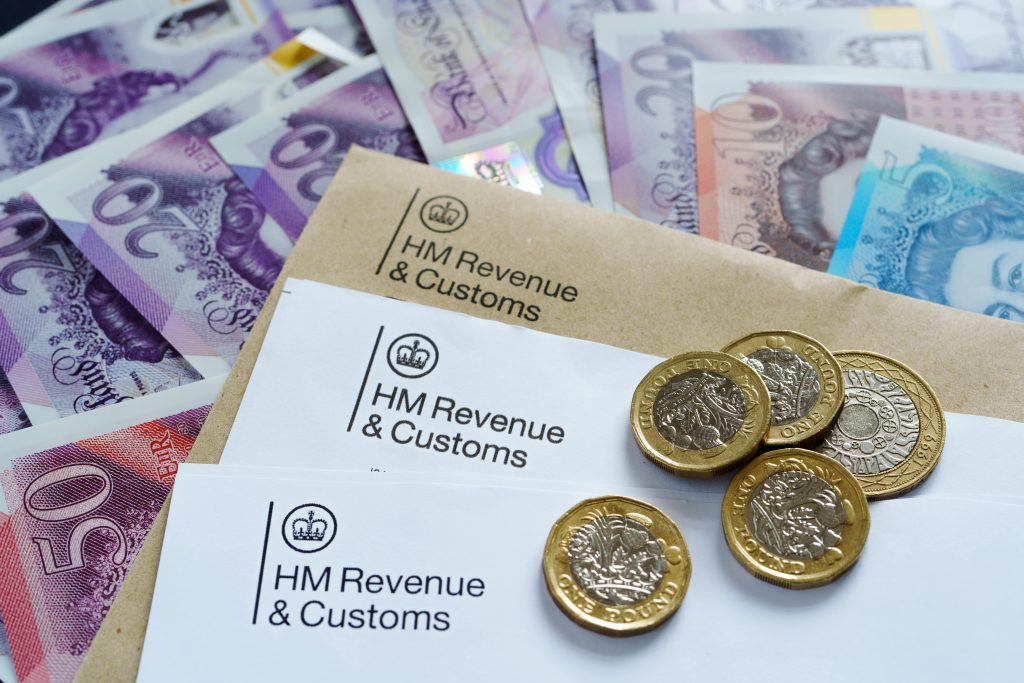The National Food Strategy Plan, led by businessman Henry Dimbleby, has stated that the food industry exploits our nation’s poorest, as fast food and high-food products are typically more affordable and more readily available to those on a strict budget. The report has advised the government to hike taxes on ingredients like salt and sugar; this would inevitably raise production costs and market prices, discouraging people from turning to the high-calorie foods like confectionary and cheese.
Mr Dimbleby has stated that the UK’s high obesity rate was a major factor in our high death rate during the pandemic and that serious reforms to our attitude towards food-related health problems is needed.
But how might this impact small businesses who specialise in bespoke food services, such as made-to-order confectionary boxes, personalised cakes, or event catering?
Increasing tax and rising the prices around sugar and salt as standard ingredients in many restaurants, cafes, and food vendors could put small businesses at risk, especially as many are still recovering from the impact of the pandemic. The suggested tax increase could raise nearly £3.4 billion but such a significant change in wholesale prices could make it extremely difficult for SMEs in the food industry to compete with franchises. With the government promising to respond to the proposals set forward by the report within the next six months, small businesses and family-run restaurants could be out-priced by their larger competitors.
“It will make our products more expensive and that will have a small impact on how we charge for our catering or our lunchboxes.” Says small business owner and food stylist, Bonnie Harris.
“Personally, I don’t think a tax on sugary or salty foods will make much of a difference to people’s diets. The incentive to eat better should not be placed on taxing foods for people who are struggling with food addictions or struggling to afford food in the first place. We should have better education and support systems around food, so people have the knowledge and access to foods that help them build a balanced diet. Little food businesses might struggle if the tax means they have to choose between increasing their prices or minimising their profits.”
Some experts are claiming that the tax would make very little impact on affordable fast-food franchises and chain restaurants, instead making it more difficult for SMEs to compete. The tax also comes with the risk of out-pricing low-income families that rely on ‘junk foods’ because of their higher caloric value in comparison to healthier but more expensive fruits and vegetables. It could leave more families than ever unable to afford full meals, especially if the government do not follow Dimbleby’s suggestion of having certain, healthy foods prescribed through the NHS or discounted for low-income households.
























































































































































